
Overview
Allergies are strong reaction to certain substances in our surroundings, called allergens. Our body mistakes them for harmful invader and tries to attack them, producing symptoms called allergic reaction. Our body wrongful reaction to allergens produces substances called histamines. Sneezing, burning or itchy eyes, watery nose or fevers can all be explained by some kind of allergies.
Histamines released by our body during allergic reaction create havoc in it, from headache, skin rashes, increased mucus production to nasal and respiratory congestion. Depending of time of the year, symptoms may be milder or stronger. Causes of Allergies
Exact reasons why some people have allergic reaction to the allergens and other nor, are not quite clear. Possible causes may be poor digestion and detoxification, genetics, elevated toxicity, nutritional deficiencies, lack of diet variety or break down in cellular communication.
Symptoms of Allergies
Any given allergic reaction can produce one or many of symptoms like coughing, sneezing, headaches, fatigue, nasal congestion, watery, red or itchy eyes, sore throat, fluid retention, skin eruptions like eczema, rashes or hives, swelling of the throat and the tongue and systematic slow inflammatory response that can effect each person differently.
How to prevent allergies
There are several things you can do yourself in order to prevent allergy attacks like to use facemask when outdoors during peak allergy cycle in specific time of the year. Keep your windows and doors closed, to prevent pollen and mold to enter your home. Keep bathroom and kitchen dry enough, to avoid mold, avoid to get outdoors early in the morning, when amount of pollen in the air is high, keep relative humidity in your house at or bellow 50%, (air conditioners can also help in that) and regularly vacuum floors and carpets, in order to remove all allergens from this areas.
Treatments and Supplements for Allergies
If case that your allergy turns into asthma, several medications can be prescribed. There are 2 main groups of medications for that, and they are relievers (they are quick action medicaments that relieves shortness of breath), and preventers (they are regularly used over longer periods of time).
As for your diet, you should be concentrating on non mucus food like fresh vegetables and fruits, whole grains, raw seeds and nuts and cold pressed oils. And in order to keep your immune system strong, you should also use lean proteins, sea food and tofu.
Food to avoid is practically all mucus forming food like eggs, chocolate, dairy products, and fried food.


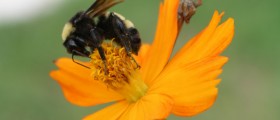


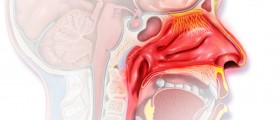
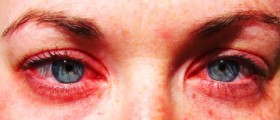

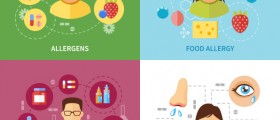
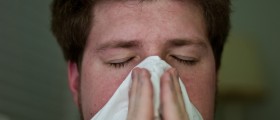

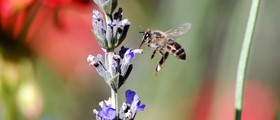





Your thoughts on this
Loading...